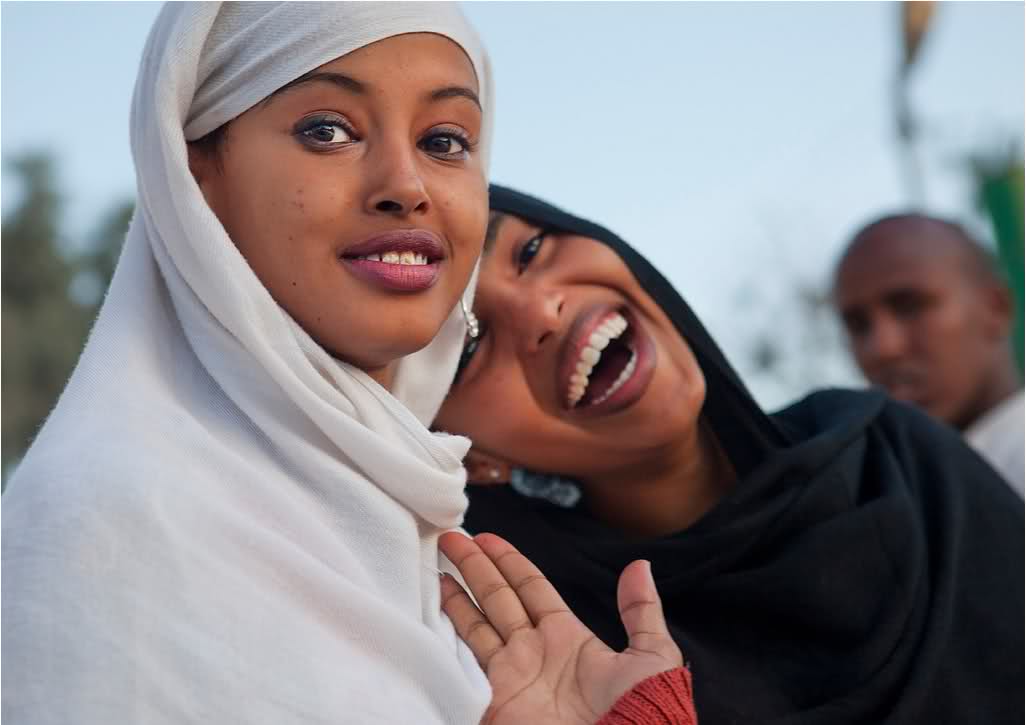Effective organisational leaders use data comprehensively to guide them in decision-making, to set and prioritize goals as well as monitor progress. It is for this reason that we need women to understand the story behind the data.
To celebrate International Women Day, Tanzania Data Lab (dLab) trained 30 early career women under 35 years who are employed and working in various organisations on what it means to be a data champion. From the 27th of February to the 4th of March 2019, the #Data4Her programme was launched to train individuals on using data for decision making, management, negotiation, and pitching skills. They wanted to empower women so that they seat at the table and be able to interpret data for informed decisions.

“This is one of the many groups chosen to be part of this empowering programme as we celebrate women’s day, but we do have programs for women who are in managerial positions these are decision makers, but we also have programs for students in schools and groups of early career women,” said Mahadia Tunga, co-founder of Tanzania dLab.
The workshop was also graced by motivational talks from Tanzania’s gender gurus who spoke about the importance of having a gender-lens in the decision making process and encouraged women to always continue to learn. One of the speakers, Dr. Vicencia Shule, an artist by Professional and Former Board chair of Tanzania Gender Network Program spoke about the need to have power and how women can get that power from male dominated societies in almost everything. She said, “Data is life, most women are where they are right now because of not using data, and almost all decisions made out of data although some of them are biased.”
Mrs. Edda Sanga, Former Executive Director of Tanzania Media Women Association also applauded the women trainees and advised them to be lifelong students, “knowledge will help you to make good informed decision, be curious.”
Faraha Kaoneka from Save the Children was one of the beneficiaries of the training and she was honoured to be exposed to an area that she admires most “data” which she will professionally execute in her project’s role as a researcher for her; “Listening to these legendary women from gender sector in my country was an eye opener. I have learned that I need to speak up and know my role in the society and change the stereotype that women are too tough when they take higher positions in offices,” she added.
Since its operations, dLab have trained more than 600 women from all sectors on data management, analysis, and visualizations and they have evidenced tremendous changes from those trained women. dLab has supported various civil society organizations and other stakeholders that are working with data in the areas of data cleaning, structuring and visualization. Also, dLab has been an important technical partner for the National Bureau of Statistics (NBS) in relation to the roadmap for the Sustainable Development Goals data.
Tanzania Data Lab (dLab) is an open working space where data from multiple sectors and sources can be combined, processed, and shared to drive better policies and decision-making. One of the objectives of the dLab is to increase data awareness and data use. In order to serve the community better, dLab has grouped its operations into four directorates which are Community Engagement; Capacity Development; Data Science Solutions; and Research and Innovation.

